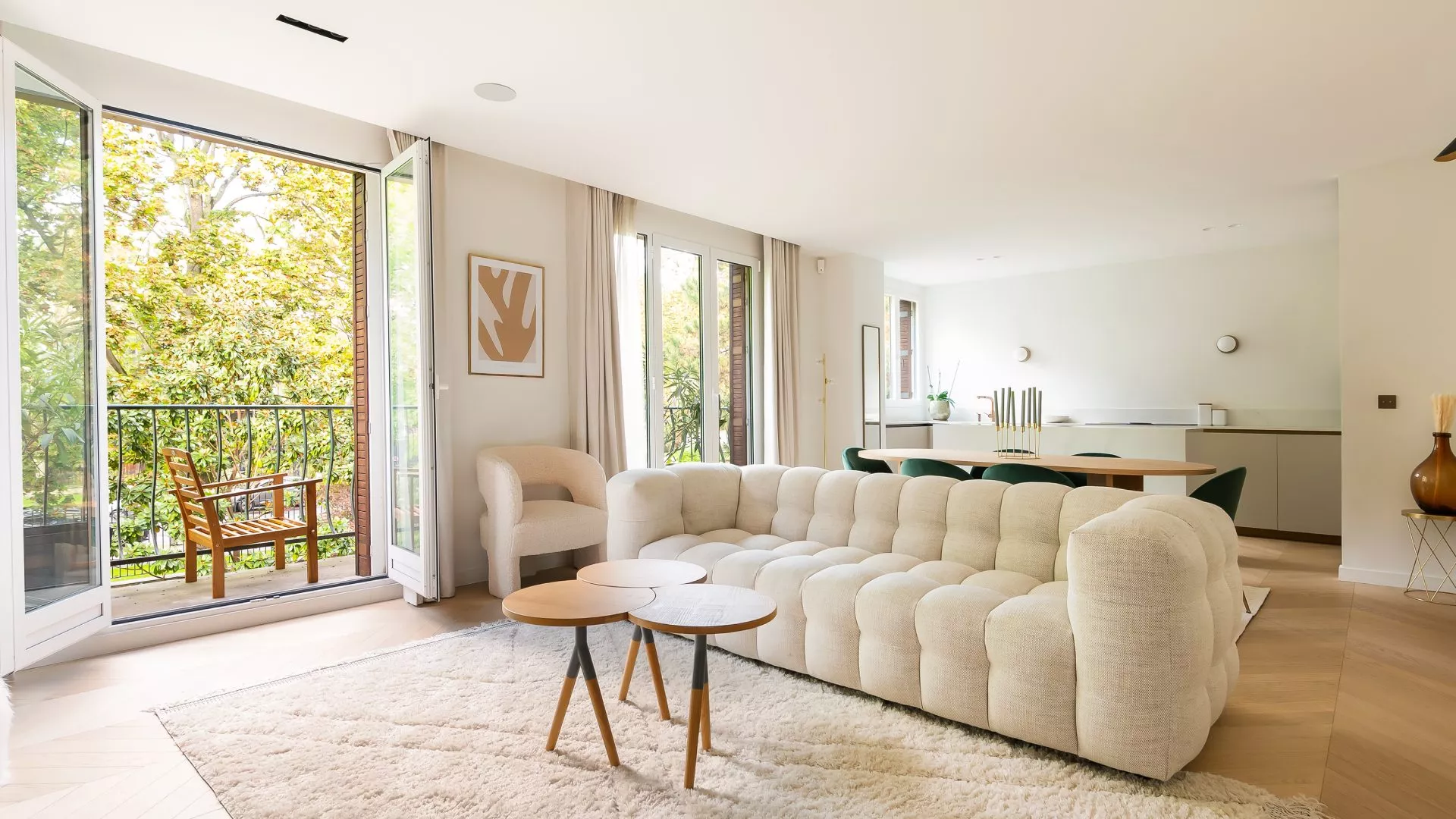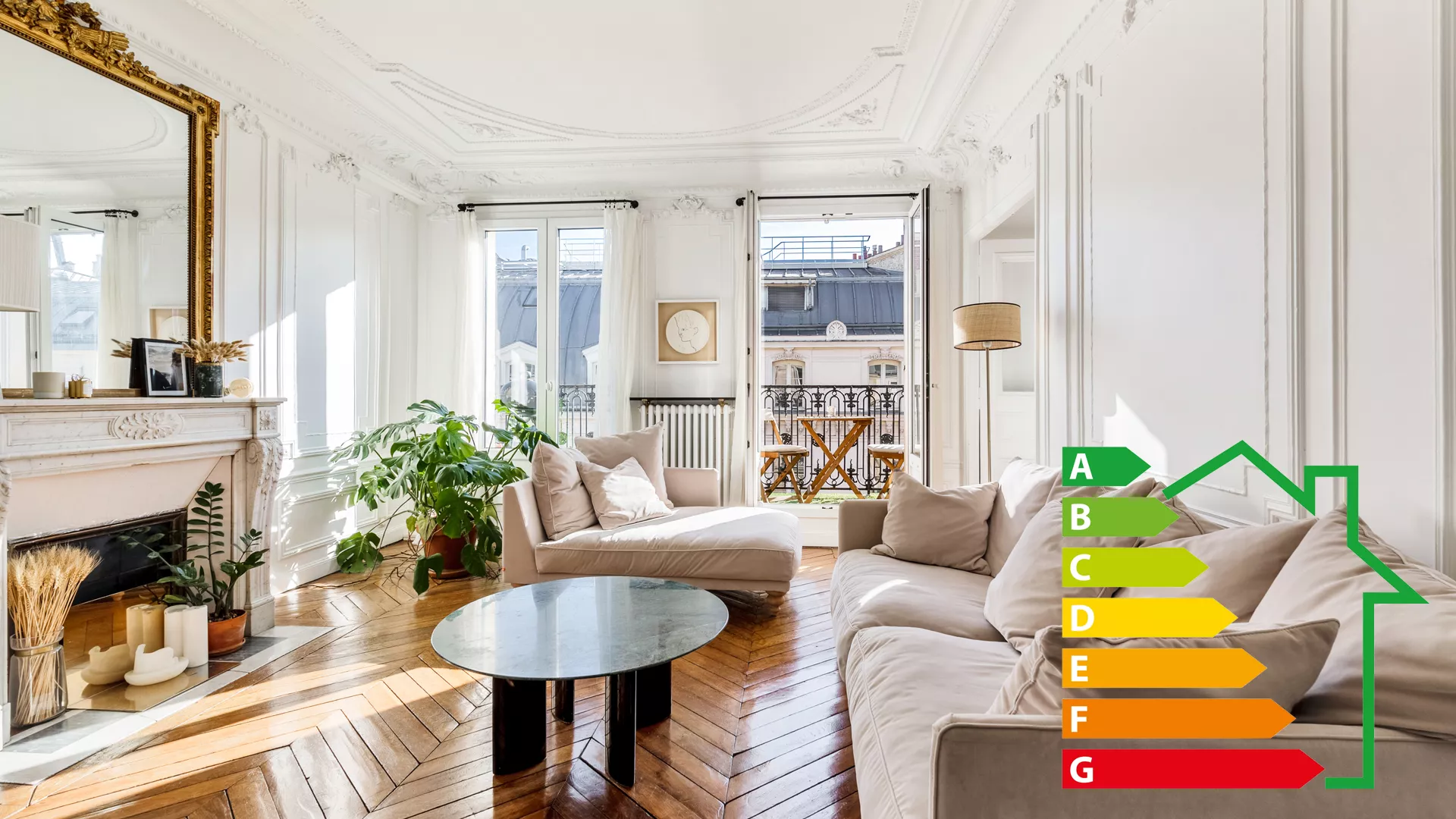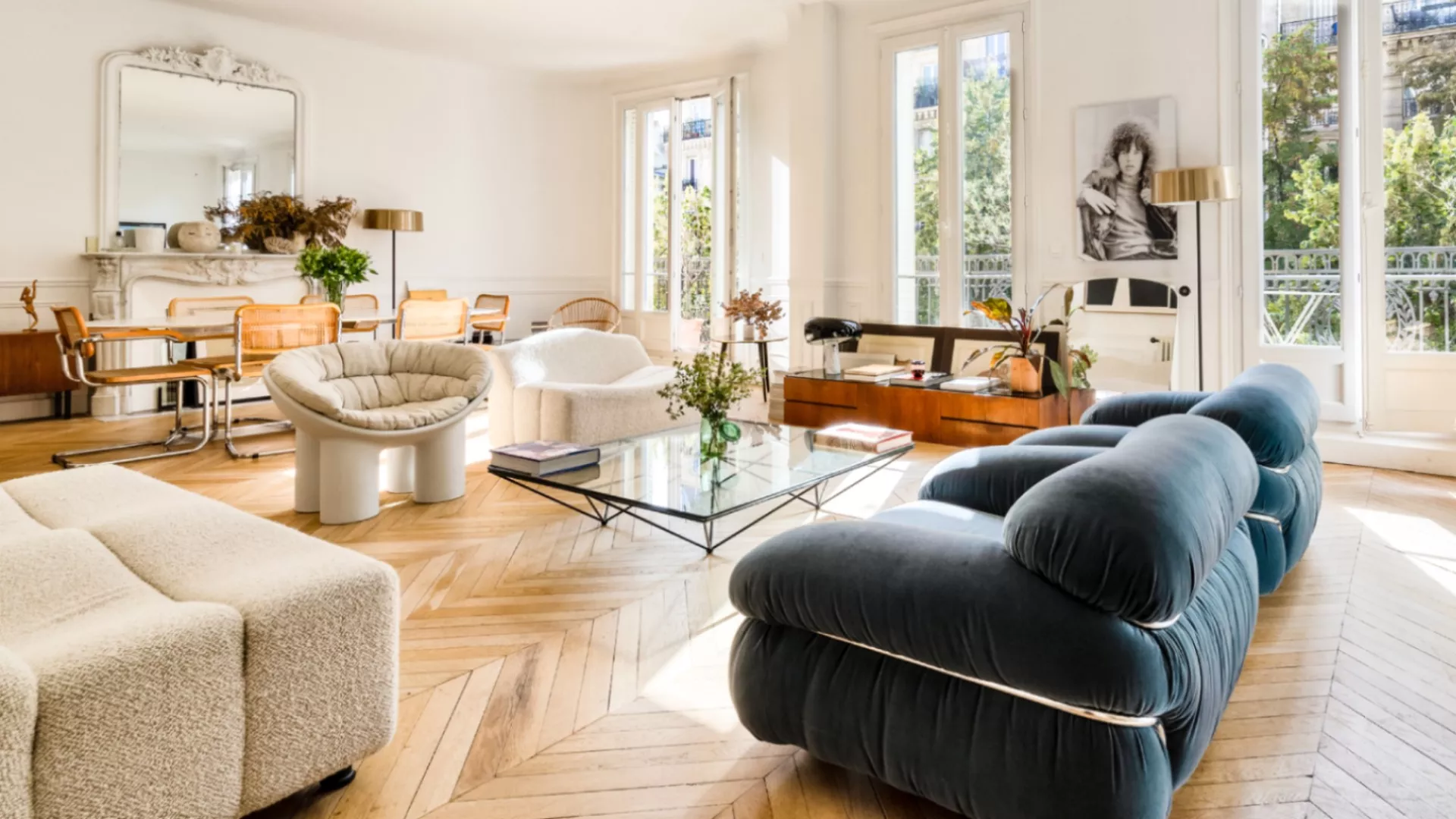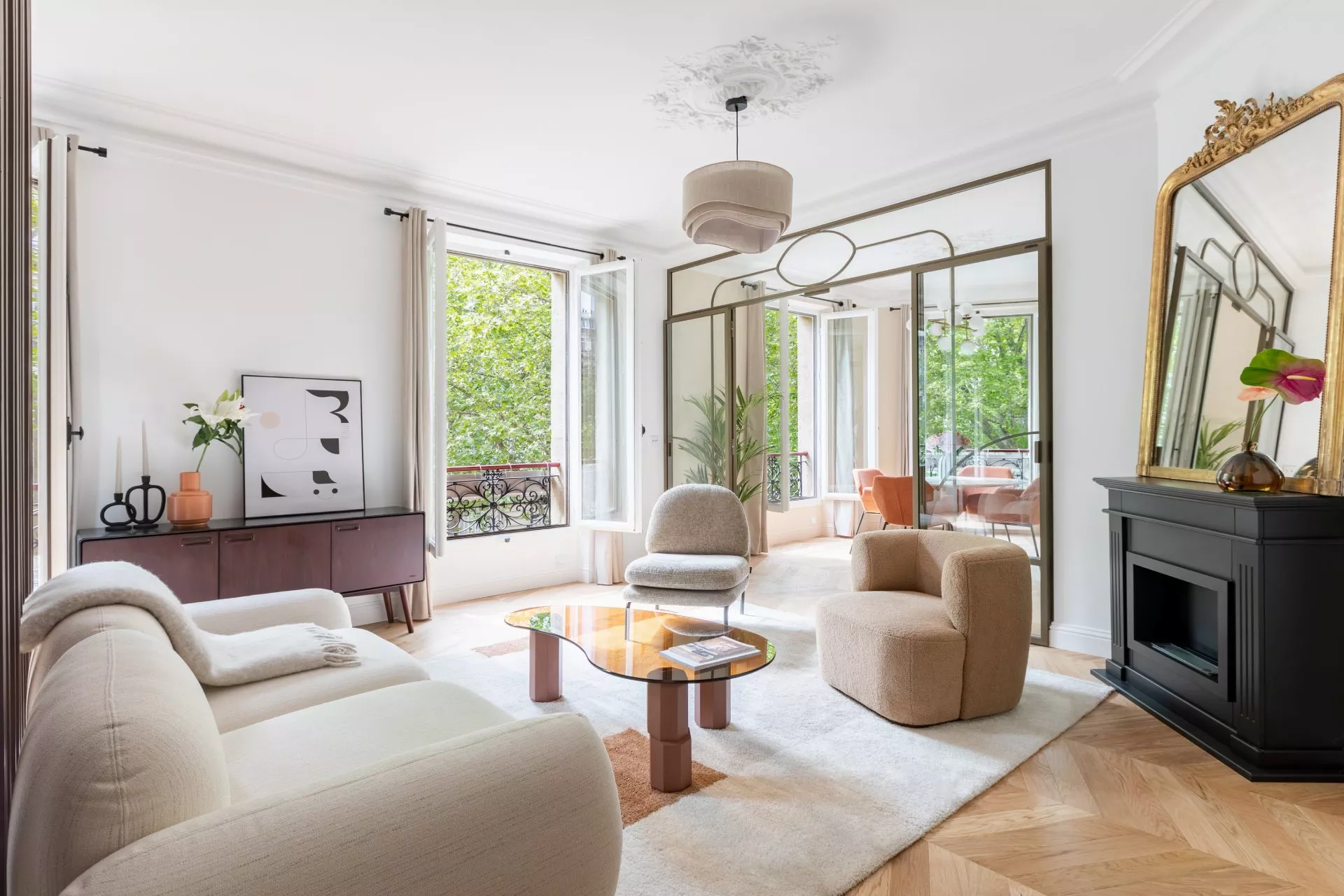LLD: Standards to be respected for renting
Are you a homeowner and want to rent out your apartment or house? Before you get started, here are the three essential standards to follow for long-term rentals. Sylvie Bachelier, our director of the rental/management department at Junot real estate agencies, gives you her valuable advice.
Carry out an Energy Performance Diagnosis (DPE)
When planning to rent out your home, have all the mandatory diagnostics carried out on your property. Electricity, gas, plumbing, lead, ERP (Pollution Risk Report), since January 1, 2025, it is prohibited to rent if the energy performance index of your apartment or house is classified G. These letters, which provide information on the DPE (Energy Performance Diagnostic), classify the energy expenditure of any home. The higher the DPE is « "bad," the more the building consumes, the more it is considered a "thermal sieve," and can no longer be rented. If, following the diagnosis, your property is classified G or lower, you will need to carry out work.
Please note that as of January 1, 2028, you will no longer be able to rent out a property with an EPC classified F.
Note that if there was no asbestos present when you purchased the property, it is not mandatory to repeat the diagnosis, as it was normally part of the mandatory checks before your purchase. As for gas and electricity, you'll need to have them inspected if the installations are more than 15 years old. For lead, the construction date must be before January 1, 1949. Secondly, contact your local authority; there will likely be other sector-specific requirements.
How much does it cost to have an DPE?
At Junot, we have four service providers with whom we negotiate prices, around 350 euros.
What work can I do to improve my DPE?
The work required to Improving a DPE will be less expensive in the provinces than in large cities. Over the last two years in Paris, we have noticed that the work was mainly organized on small surfaces, to move from a G to D label. This is energy renovation work. These include interior insulation of exterior walls, the installation of double glazing if there was none, a "double flow" VMC (Controlled Mechanical Ventilation), and even the replacement of radiators that were consuming too much energy. With these interventions, you can improve your DPE.
Meet "standards of decency"
For tenants in their primary residence, the most important thing is that the property meets the standards of "decency," as defined by law, governed by the ALUR (Access to Housing and Renovated Urban Planning) law of 1989. It protects both tenants and owners. First, check that the living area is at least 9 m², with a minimum ceiling height of 2.20 meters. As indicated Above, the electrical installations must therefore be up to standard, with a heating system, sufficient ventilation, protection against water infiltration, and kitchen and sanitary equipment in good working order.
Next, it's time to consider the rent and utilities, which must be anticipated. The rent must be consistent with the reference rent set for your location, and the utilities justified based on the home's energy costs. Finally, also plan to carry out an inventory, both upon moving in and upon the tenant's departure, to avoid any dispute over the condition of the accommodation that you have prepared. Don't forget, the health regulations of the departments may also provide for additional elements that you will need to consult.
Include the property's tax number on the lease
While the standards required for renting are primarily energy-related, they are also tax-related. There is a tax on so-called "vacant" housing. This refers to a second home that is neither inhabited nor used. To ensure that the property you wish to rent out is not considered as such, include your home's tax number on the lease. This makes it easier for the tax authorities to check whether your home, now a secondary residence since it is rented out, is indeed intended to be occupied or used for your vacations. In the absence of this tax identification number, in the form of a number entered on the lease, the latter could be considered "null".
How can i improve my DPE?
The work required to improve an EPC will be less expensive in the provinces than in large cities. Over the past two years in Paris, we have noticed that the work was mainly organized on small surfaces, to move from a G to a D label. This is energy renovation work. These include interior insulation of exterior walls, the installation of double glazing if none existed, a "double flow" VMC (Controlled Mechanical Ventilation), and even the replacement of radiators that were consuming too much energy. With these interventions, you can improve your DPE (Energy Performance Certificate).
To always better support you, our construction department offers a turnkey service to optimize your rental management. Whether it's energy renovations or partial or complete transformations between two rentals, we orchestrate every detail, from setting up the specifications to the final realization, including, if you wish, the furnishings and decoration.
Meet our team and make your rental project a reality
Junot Rental & Management





